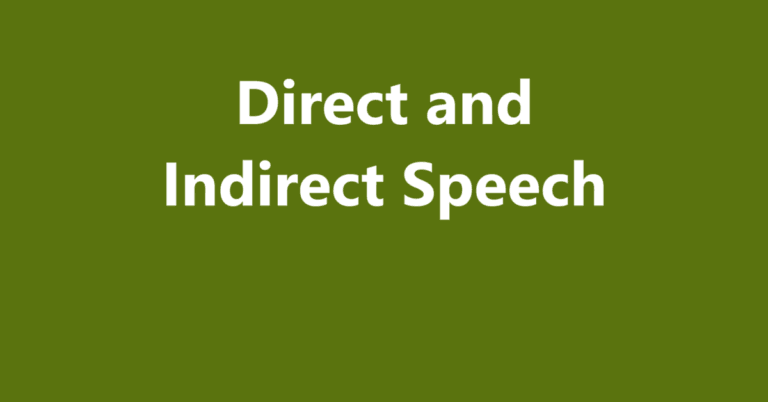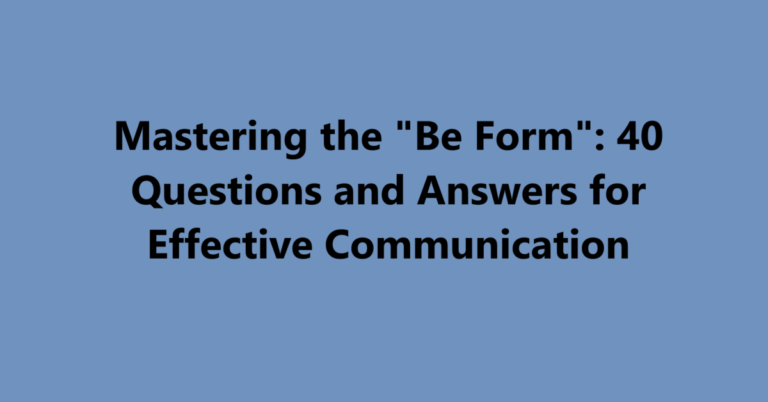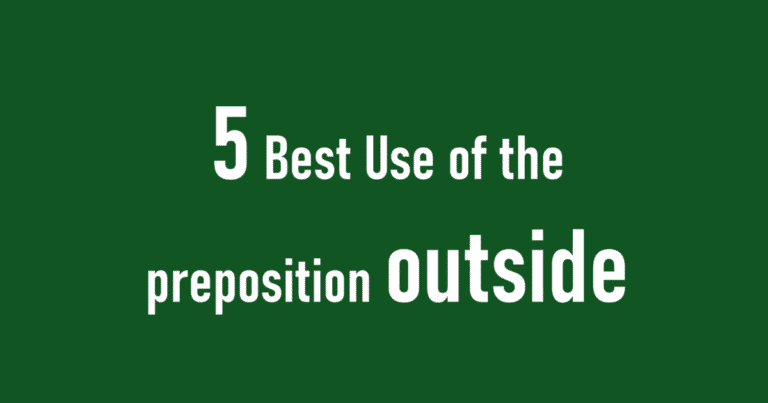Understanding the Use of the Modal Verb “Might”
Modal verbs are essential components of the English language, as they help convey possibilities, permissions, obligations, and abilities, which are crucial for effective communication. For example, modal verbs help us express possibility (“It might rain today”), grant permission (“You may leave”), indicate obligation (“You must study”), or demonstrate ability (“She can swim”). Among these modal verbs, “might” plays a pivotal role in expressing uncertainty or potentiality. This blog post aims to explore the nuances of “might,” including its meanings, uses, and examples in various contexts.
What is a Modal Verb?
Before delving into “might,” it’s helpful to understand what modal verbs are. Modal verbs are auxiliary verbs used alongside the base form of the main verb to indicate modality—whether something is possible, probable, necessary, or permitted. This concept is important for language learners as it enhances their ability to express various shades of meaning and intention. For example, in the sentence “You might consider taking an umbrella,” the word “might” expresses a possibility. Other common modal verbs include “can,” “could,” “will,” “would,” “shall,” “should,” and “must.”
The Meaning of “Might”
The modal verb “might” is primarily used to express:
- Possibility: Something that could occur, but is not guaranteed.
- Suggestion: Offering a recommendation or proposing an idea.
- Polite Requests: Making requests in a more courteous manner.
Understanding these meanings in context is crucial for proper usage.
1. Expressing Possibility
“Might” is often employed to indicate that something is possible but not certain. This is common in both spoken and written English, allowing speakers to discuss future events or hypothetical situations with a degree of uncertainty.
Examples:
- Future Possibility: “It might rain tomorrow.”
(This implies there is a chance of rain, but it is not definite.)
- Hypothetical Situation: “If you studied more, you might pass the exam.”
(Here, passing the exam is a possibility based on the condition of studying more.)
- Likelihood: “She might join us for dinner.”
(This suggests that her attendance is uncertain but possible.)
Usage Tips:
When using “might” to express possibility, it can be paired with various time frames, often indicating a more tentative or cautious approach to asserting what may happen.
2. Making Suggestions
In a more conversational context, “might” can also be used to make polite suggestions or recommendations. It softens the tone of the advice, making it seem more considerate and less commanding.
Examples:
- Polite Suggestion: “You might want to check your work before submitting it.”
(This suggests checking the work as a good idea, rather than a requirement.)
- Giving Advice: “If you’re feeling overwhelmed, you might consider taking a short break.”
(Here, it encourages taking a break as a thoughtful option.)
Usage Tips:
Using “might” in suggestions allows for a softer approach, making the recipient feel more at ease and less pressured. It opens up the conversation for their preferences and decisions.
3. Polite Requests
Might can also be employed to make requests, particularly in formal or polite contexts. Compared to similar modal verbs like “could” or “may,” “might” conveys a heightened sense of humility or respect for the other person’s authority or time, making it distinctively suitable for more deferential situations.
Examples:
- Formal Request: “Might I borrow your book for a few days?”
(This is a respectful way to ask for permission to borrow.)
- Seeking Permission: “Might we schedule a meeting for next week?”
(This indicates a desire to arrange a meeting in a polite manner.)
Usage Tips:
Using “might” in requests is effective when attempting to maintain decorum or when addressing someone in a position of authority. It emphasizes the speaker’s respect for the listener’s autonomy.
The Past Form: “Might Have”
An important derivation of “might” is its use in the perfect form “might have,” which is used to consider possibilities in the past. It suggests that a specific outcome could have occurred but did not.
Examples:
- Reflecting on the Past: “He might have missed the bus.”
(This indicates that there was a possibility he missed the bus, but it is not confirmed.)
- Considering Alternatives: “They might have arrived earlier if they hadn’t stopped for coffee.”
(This suggests a missed opportunity based on circumstances in the past.)
Usage Tips:
When using “might have,” the context should make it clear that you are discussing situations that are no longer in the future. The implication is often associated with regret or speculation regarding past events.
Conclusion
The modal verb “might” is a versatile tool in the English language, serving various purposes—from expressing potentiality to making suggestions and polite requests. Understanding its subtle implications and applications can enhance your communication skills, allowing you to express ideas in a more nuanced and respectful tone. In professional scenarios, mastering the use of “might” can help you propose ideas tactfully, fostering collaboration and innovation. In academic contexts, it allows you to present arguments with appropriate caution and humility, crucial for scholarly discussions. In personal interactions, “might” can soften your tone, making requests or suggestions sound considerate and polite. By grasping these nuances, you can navigate diverse communication settings with increased clarity and effectiveness.
Whether you are writing an essay, engaging in conversation, or conducting formal business, mastering the use of “might” enriches your linguistic repertoire. Practice incorporating “might” in different contexts to become more comfortable with its usage. The more you engage with this modal verb, the more instinctive its application will become, allowing for clearer and more effective communication.
As you reflect on the myriad of possibilities in your daily life, remember that “might” opens the door to opportunities and considerations, pushing you to embrace uncertainty in a world filled with infinite potential. Happy learning!



